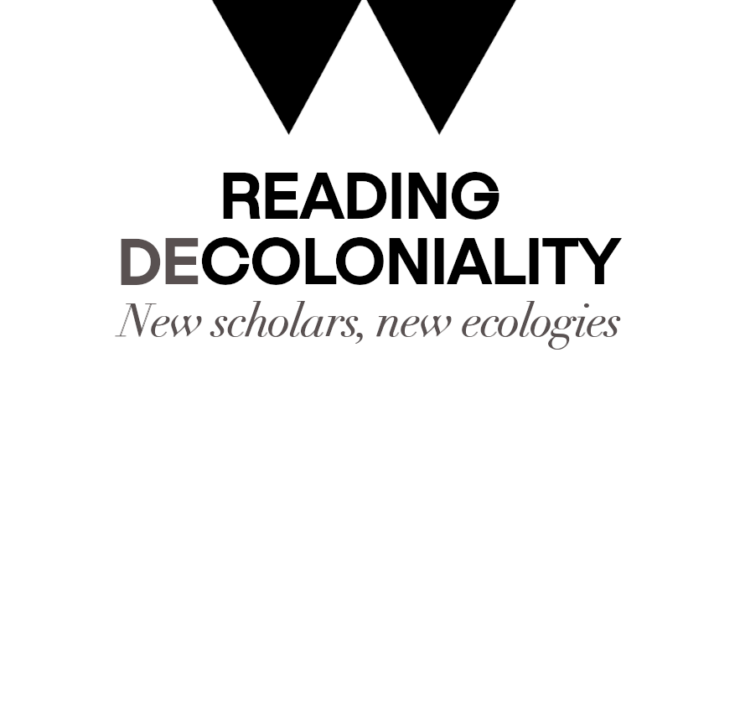Adam Mckeown’s book Melancholy Order poses an important historical intervention in the emergence and consolidation of global border regimes.
In particular, our reading group discussed how the modern state monopoly on what constitutes legitimate means of movement had deep roots in European empires, and the consequences of this on reordering a range of mobilities, populations and regions throughout the world. Some members introduced the racialisation of modern borders in the West, and the implications this had on entire populations.
The making of a bordered world has had sharp implications, visible for instance in the elaborate visa and passport regimes that perpetuate forms of inequality with enduring socioeconomic effects. In a way, then, political decolonisation over the nineteenth and twentieth centuries did not necessarily create a more open world, but often reinvented geopolitical asymmetries through a newer language of nation states. In turn, many postcolonial nation states in Asia and Africa honed their own racialised others, with comparable exclusionary mechanisms.



